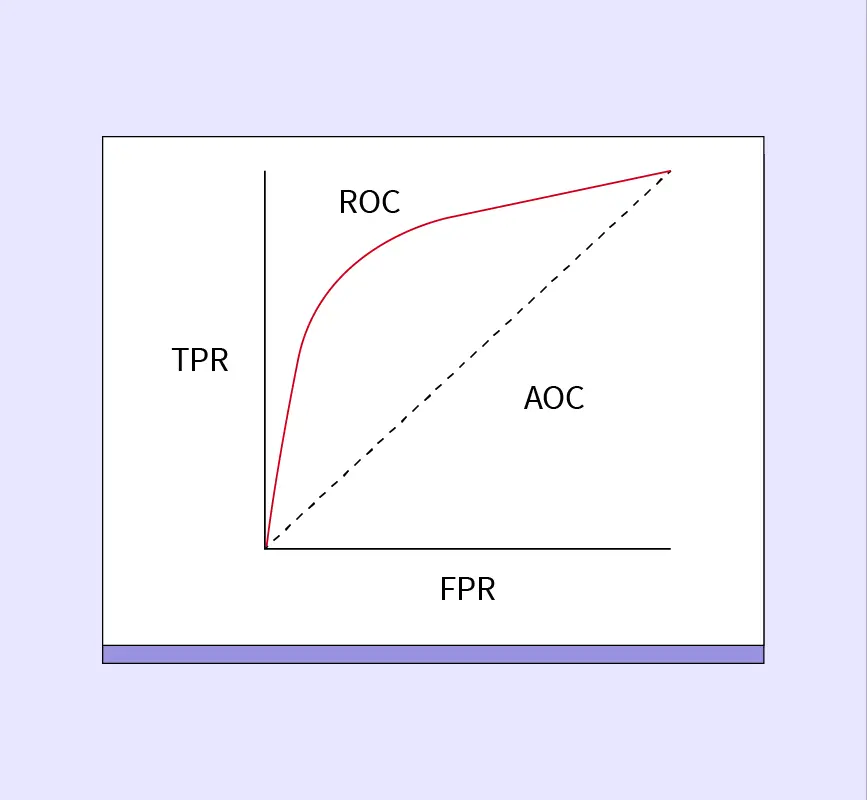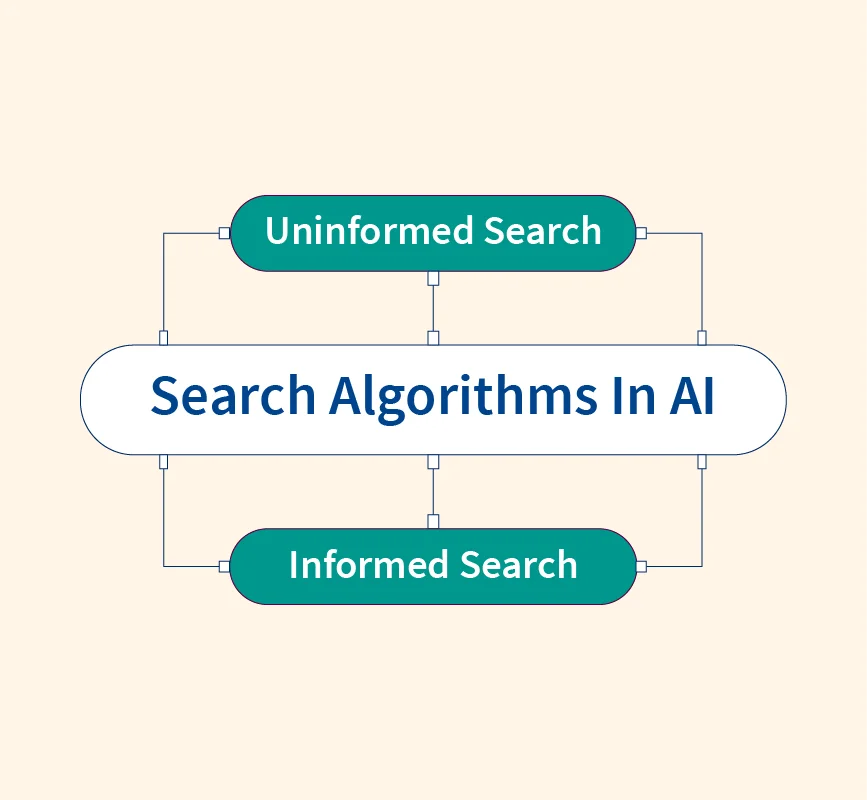Pursuing a course in Artificial Intelligence (AI) has become essential for aspiring tech professionals in today’s data-driven world. As industries increasingly adopt AI-powered solutions, having a deep understanding of AI technologies is crucial for staying relevant in the job market. The AI course syllabus has evolved over time to meet the demands of this fast-paced industry, equipping learners with both theoretical knowledge and practical skills to thrive in AI-driven environments.
What is Artificial Intelligence?
Artificial Intelligence refers to the simulation of human intelligence in machines that are programmed to think, learn, and make decisions. AI is a vast field encompassing several subfields such as Machine Learning (ML), Neural Networks, Natural Language Processing (NLP), and Robotics. Machine Learning enables systems to learn from data without explicit programming, while NLP powers the understanding of human language by machines. Neural networks, on the other hand, mimic the structure of the human brain, allowing machines to recognize patterns and make predictions. Robotics involves the development of autonomous systems capable of performing complex tasks. AI applications are transforming industries such as healthcare, finance, automotive, and retail, making it a critical skill for future job markets.
The importance of AI expertise cannot be overstated, especially as organizations increasingly rely on AI to optimize processes, enhance customer experiences, and innovate. From developing autonomous vehicles to personalized healthcare, AI professionals are leading the way in shaping the future.
AI Course Syllabus Overview
A typical AI course syllabus in 2025 is designed to cover both theoretical foundations and hands-on experience with AI technologies. Students are introduced to key concepts such as data structures, algorithms, machine learning models, and neural networks, and are expected to gain practical experience through projects and lab work. AI courses emphasize the development of problem-solving skills, programming proficiency, and the ability to apply AI solutions in real-world scenarios.
Upon completion, students will have mastered the tools and techniques necessary to develop AI applications, gained an understanding of the ethical implications of AI, and be well-prepared for a range of careers in AI and data science.
Detailed AI Course Modules
Module 1: Fundamentals of Computer Science
The foundation of any AI course begins with a strong understanding of computer science fundamentals. This module covers key topics such as data structures, algorithms, and problem-solving techniques. Students will learn how to implement these structures and algorithms using popular programming languages like Python, Java, and C++. Understanding these concepts is essential, as they form the building blocks of AI systems.
Module 2: Mathematics for AI
AI is built on a foundation of mathematics, and this module focuses on the core mathematical concepts that drive AI algorithms. Topics covered include linear algebra, calculus, probability, and statistics. These mathematical principles are critical for understanding machine learning algorithms, neural networks, and other AI models. For example, linear algebra is used in neural networks to process large datasets, while probability and statistics are essential for making predictions and understanding data distributions.
Module 3: Machine Learning
Machine Learning is one of the most critical aspects of AI. This module introduces students to supervised, unsupervised, and reinforcement learning. Key algorithms such as Decision Trees, K-means clustering, and Neural Networks are explored in detail. Students will gain hands-on experience by building models and completing projects that demonstrate their understanding of these algorithms. For instance, students may create a supervised learning model to predict customer churn based on historical data or apply K-means clustering to segment customer groups.
Module 4: Deep Learning and Neural Networks
Deep learning is a subset of machine learning that focuses on neural networks with multiple layers, known as deep neural networks. This module covers the architecture of neural networks, including Convolutional Neural Networks (CNNs) for image processing and Recurrent Neural Networks (RNNs) for sequential data. Real-world applications of deep learning in image recognition, natural language processing, and autonomous systems are also discussed.
Module 5: Natural Language Processing (NLP)
Natural Language Processing is a key area of AI that focuses on the interaction between computers and human language. This module introduces students to techniques such as tokenization, sentiment analysis, and language modeling. NLP is used to power systems like chatbots, speech recognition, and text summarization. Students will learn how to develop NLP applications using tools like spaCy and NLTK, and explore how NLP is transforming industries such as customer service and content creation.
Module 6: Computer Vision
Computer vision is an AI field that enables machines to interpret and understand visual information from the world. This module covers techniques such as image recognition, object detection, and facial recognition. Students will learn how to build and train models that can analyze visual data, which has applications in areas such as security systems, autonomous driving, and healthcare (e.g., medical imaging). By the end of this module, students will be able to develop computer vision solutions using tools like OpenCV and TensorFlow.
Module 7: Robotics and Automation
Robotics and automation are integral to AI, focusing on the development of intelligent systems capable of performing tasks autonomously. This module explores how AI powers robotic systems, enabling them to make decisions, perceive their environments, and interact with the world. Topics covered include robotic perception, motion planning, and decision-making algorithms. Real-world use cases such as autonomous vehicles, drone technology, and robotic surgery are highlighted, giving students a comprehensive understanding of AI’s role in modern robotics.
Module 8: AI Ethics and Societal Implications
As AI becomes more pervasive, ethical concerns surrounding its use are growing. This module addresses critical issues such as bias in AI models, privacy concerns, and the potential impact of AI on job displacement. Students will explore the societal implications of AI, including the challenges of creating fair and unbiased systems. They will also learn about the laws and regulations that govern AI development and deployment, including frameworks such as GDPR and AI ethics guidelines.
Module 9: Capstone Projects and Practical Experience
Hands-on experience is essential in AI education, and this module focuses on capstone projects that allow students to apply what they have learned throughout the course. Examples of capstone projects include developing an autonomous vehicle simulation, creating an NLP-powered chatbot, or building a computer vision system for object detection. These projects provide students with practical experience in designing, developing, and deploying AI solutions, preparing them for real-world AI roles.
AI Course Syllabus for Bachelor’s Programs in 2025
Undergraduate AI programs in 2025 typically cover a mix of core subjects and electives that provide students with a comprehensive understanding of AI technologies. Core subjects include programming, machine learning, deep learning, and robotics, while electives allow students to specialize in areas such as natural language processing or AI ethics. The syllabus is designed to provide a solid foundation in AI principles, along with hands-on lab sessions and internships that prepare students for entry-level jobs in AI.
A typical AI bachelor’s program follows a year-wise structure. In the first year, students focus on introductory courses in computer science and mathematics. The second and third years cover advanced topics such as machine learning and AI ethics. In the final year, students work on capstone projects and gain practical experience through internships. This progression ensures that students are well-equipped to enter the job market with the skills and knowledge needed to succeed in AI roles.
AI Course Syllabus for Master’s Programs in 2025
Master’s programs in AI delve deeper into advanced topics, offering specializations in areas such as machine learning, robotics, and natural language processing. Students are exposed to cutting-edge AI research and have the opportunity to work on thesis projects that contribute to the field. Key areas covered in master’s programs include advanced neural networks, AI in healthcare, and AI for autonomous systems.
Master’s students also benefit from industry collaborations, with opportunities to work on projects in partnership with leading AI companies. These collaborations provide valuable insights into how AI is being applied in real-world scenarios and prepare students for leadership roles in AI research and development.
Recommended Books and Resources for AI
For Undergraduates
- “Artificial Intelligence: A Modern Approach” by Stuart Russell and Peter Norvig – This is one of the most comprehensive books on AI and is often used as a primary textbook in undergraduate AI courses.
- “Deep Learning” by Ian Goodfellow, Yoshua Bengio, and Aaron Courville – This book provides a detailed introduction to the concepts of deep learning, making it ideal for students interested in neural networks.
For Master’s Students
- “Pattern Recognition and Machine Learning” by Christopher Bishop – A must-read for students delving into advanced machine learning techniques.
- Research Papers and Journals – Master’s students are encouraged to stay updated with the latest AI research by reading papers from conferences such as NeurIPS and ICML.
Online Resources
- SCALER, Coursera and edX offer AI courses from leading universities.
- Kaggle provides datasets and competitions that allow
students to practice their AI skills.
Communities for AI Learners and Professionals
- AI StackExchange, Reddit’s Machine Learning Community, and LinkedIn Groups are great platforms for networking and staying updated on AI developments.
Future of AI Education and Career Prospects
The future of AI education is bright, with emerging trends such as AI in healthcare, AI ethics, and AI for environmental sustainability becoming key areas of focus. As AI continues to shape industries, the demand for skilled AI professionals will grow. Careers in AI, including roles such as AI engineers, machine learning scientists, and AI research scientists, are expected to see strong growth in 2025 and beyond.
To stay competitive, professionals must continuously update their skills by pursuing AI certifications and staying informed about the latest advancements in the field. The AI job market is dynamic, and individuals with cutting-edge expertise in AI technologies will be well-positioned to lead the future of innovation.
Conclusion
Following a structured AI course syllabus is crucial for developing the skills and knowledge necessary to succeed in the AI field. With AI playing an increasingly important role in various industries, pursuing AI education can lead to a future-ready career. By staying informed about the latest trends and advancements in AI, students and professionals alike can ensure they remain competitive in this rapidly evolving field.
References:


